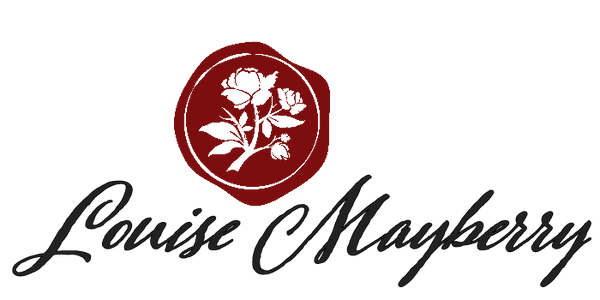
When art and life collide...
Share
(this post was originally written as an email to subscribers on Thursday, December 21, 2023.)
I’m writing to you in the dark of morning, on what will be the shortest day of the year. (In my hemisphere at least.) For me, this dark time invites introspection. It's a time to look inside, take stock, and decide what to let go and what to carry into the new year.
And today, I’m pondering the idea of agency.
This is a word we often hear in fiction writing. As author’s we’re taught that for our plots to be engaging, our characters must have agency. They must do things, rather than simply have things done to them.
Seems simple enough. But a few months ago, as I began to write the characters for my next book, I found myself digging deeper into this idea of agency. No spoilers, but at its core this book will be about two people who have lost their agency and are each scrabbling in their own way to get it back.
But what is agency, really? And what happens to a person when they’re in a situation (like incarceration, or in a historical sense, marriage) where they don’t have it? To really get into my characters’ heads, I needed answers to these questions. So, as I often do, I went digging in the psychological literature, and I found this definition from American psychologist Martin Seligman:
Agency is composed of the triad of efficacy, optimism, and imagination. For agency to occur, all three aspects need to be involved and active, which then determines whether we are progressing or stagnating when it comes to issues in our lives and in the world.
Here’s how Seligman defines the triad (I’m paraphrasing here)
- Efficacy. The belief that you have the ability to reach your goal.
- Optimism: The belief that you’ll be able to reach future goals.
- Imagination: The ability to imagine new and better ways to reach that goal.
This definition proved immensely helpful in my understanding of my characters, but that’s not all.
Here’s where life begins to mirror art.
In the beginning of November, my husband was abruptly and very unexpectedly laid off from his job. It was a high stress, long hours kind of job and for the last few years, it had been our family’s only source of income.
Initially, we were in shock. I’d been a full time writer for a year and a half, but that occupation was still losing us money, not making it, so all thoughts of writing went out the window as we both took on full time gig work (driving Uber and Lyft) to make ends meet.
My husband quickly began to feel like a weight had been lifted. For the first time in years, he was free to shape his own future, and he felt ready. Since being laid off, he’s been more present with the kids, happier and full of imagination and inspiration for the future. He’s started a consultancy, which is already gaining clients.
But I didn’t fare so well, at least not at first. Though I appreciated my husband’s newfound freedom and presence, I didn’t feel free. I felt trapped. I was driving full time and mourning the loss of my quiet days of writing. Feeling like I’d never have the time to write or publish another book.
One thing about driving for a living - there’s lots of time to think. And one day, as I was about to pick up a passenger, it hit me. This whole concept of agency applied to our lives, just as much as my characters’. For my husband, losing his job had been a gift. He’d gained his agency. He’d always been brimming with optimism and imagination, but now he had efficacy - the belief that he could meet his own (not his employer’s) goals.
And me? I’ve always had plenty of imagination, but optimism has always been a struggle. And with the loss of my husband’s job my sense of efficacy had been pulled out from under me. I was adrift, wallowing in my helplessness against events. I’d lost my agency.
That realization was huge, and it allowed me to get myself back on track. Because truly, I’m not helpless. I simply need to accept the change to our lives, make a plan and act on it.
Reclaim my agency. Just like my characters.
So I’m writing to you today from my new desk. It’s in a room where I can shut the door and write in the times when the family is home. I have a plan. The books will come more slowly, no doubt, but that’s OK. They will come.
~
And now, dear reader: my wish for you.
May you claim, reclaim or hold onto your agency in the coming year.
May you have efficacy, optimism and imagination now and into the future.
